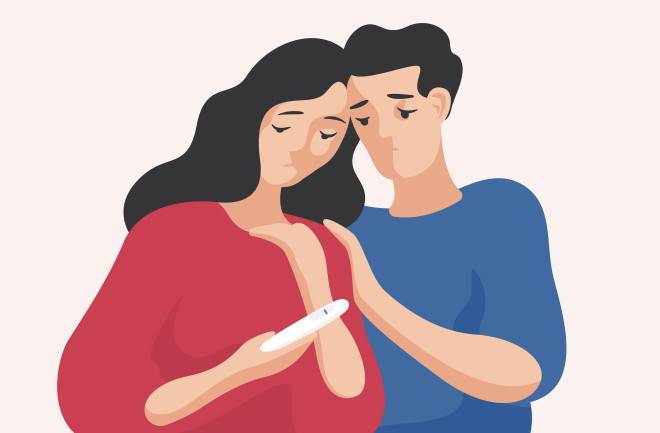How long can you wait to have a baby(3/4)

How long should you wait between births? A new report says many women don’t wait long enough.
Health experts advise women to wait at least 18 months between pregnancies. But research by the U.S. Centers for Disease Control and Prevention found that nearly 30 per cent of women who’ve given birth were pregnant within 18 months.
The report is based on 2011 birth certificates in 36 states, including Utah, and the District of Columbia, representing about 83 per cent of births in the U.S. that year. Around 31 per cent of Utah moms, just slightly higher than the national average, don’t wait the recommended time to get pregnant again.
“Waiting 18 months before you get pregnant again allows time for your body to heal and reduces your risk of pregnancy complications,” says Erin Clark, MD, an OB/GYN at the University of Utah Health. Age and a history of infertility are also critical factors women should consider when deciding how long to wait to have another baby.
Clark says shorter birth intervals increase the risk for pregnancy complications such as preterm birth and low birth weight. Preterm birth, or birth before 37 weeks, is severe. It is associated with a higher chance of death and serious long-term problems such as blindness, lung issues and developmental delay.
Other factors such as smoking have also been linked to preterm birth, but in many cases, doctors don’t know why some babies are born early. One factor within a woman’s control is the time she waits to have another baby.
Clark says it is crucial for women who have experienced a complicated pregnancy or birth to wait at least 18 months to conceive again. “For women with a history of pregnancy complications, the risk for the next pregnancy is higher if the births are close together,” she says. “You can increase your chances of having a baby closer to term if you carefully plan birth spacing and aim for at least 18 months between birth and your next pregnancy.”
How soon can you try and get pregnant after a miscarriage?
If you’ve experienced a miscarriage, you may also wonder about the best time to start trying again. Dr Reed said when you’d be able to start can vary.
“Some studies show no concerns for mom or the next pregnancy if your pregnancy is less than six months after a miscarriage,” she said. “Many women seek pregnancy immediately after a miscarriage without any concerns.”
However, if you have a health condition that may have played a role in a miscarriage, you should get that condition better under control before trying again.
“Talking to your doctor before trying for your next pregnancy is important,” Dr Reed said. “Your doctor can ensure that your chronic health conditions are well managed, address any complications you had in your last pregnancy and make a plan to reduce your risks in your next pregnancy.”






0 Comment